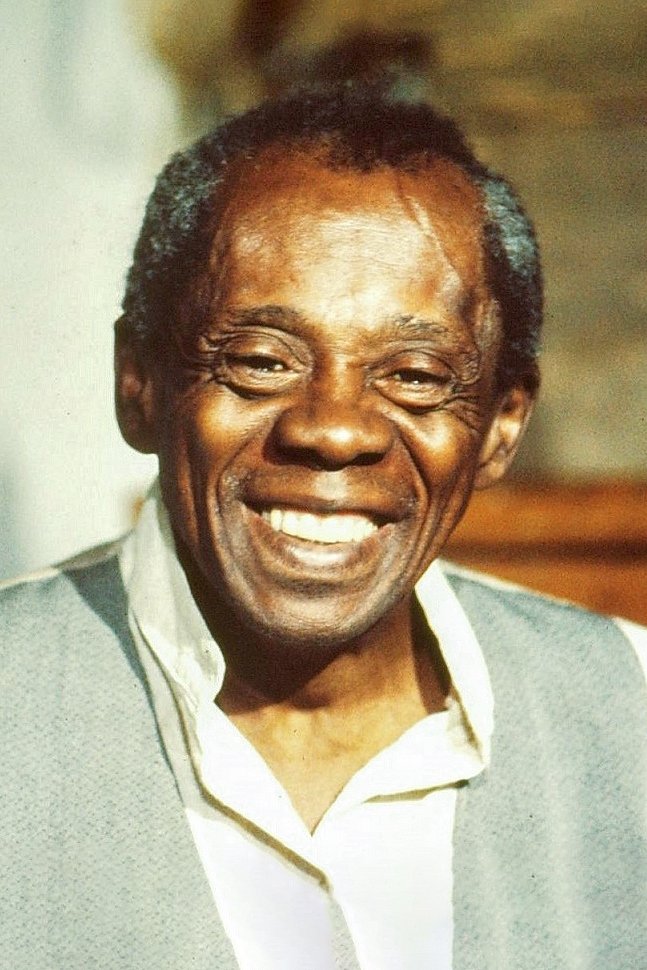
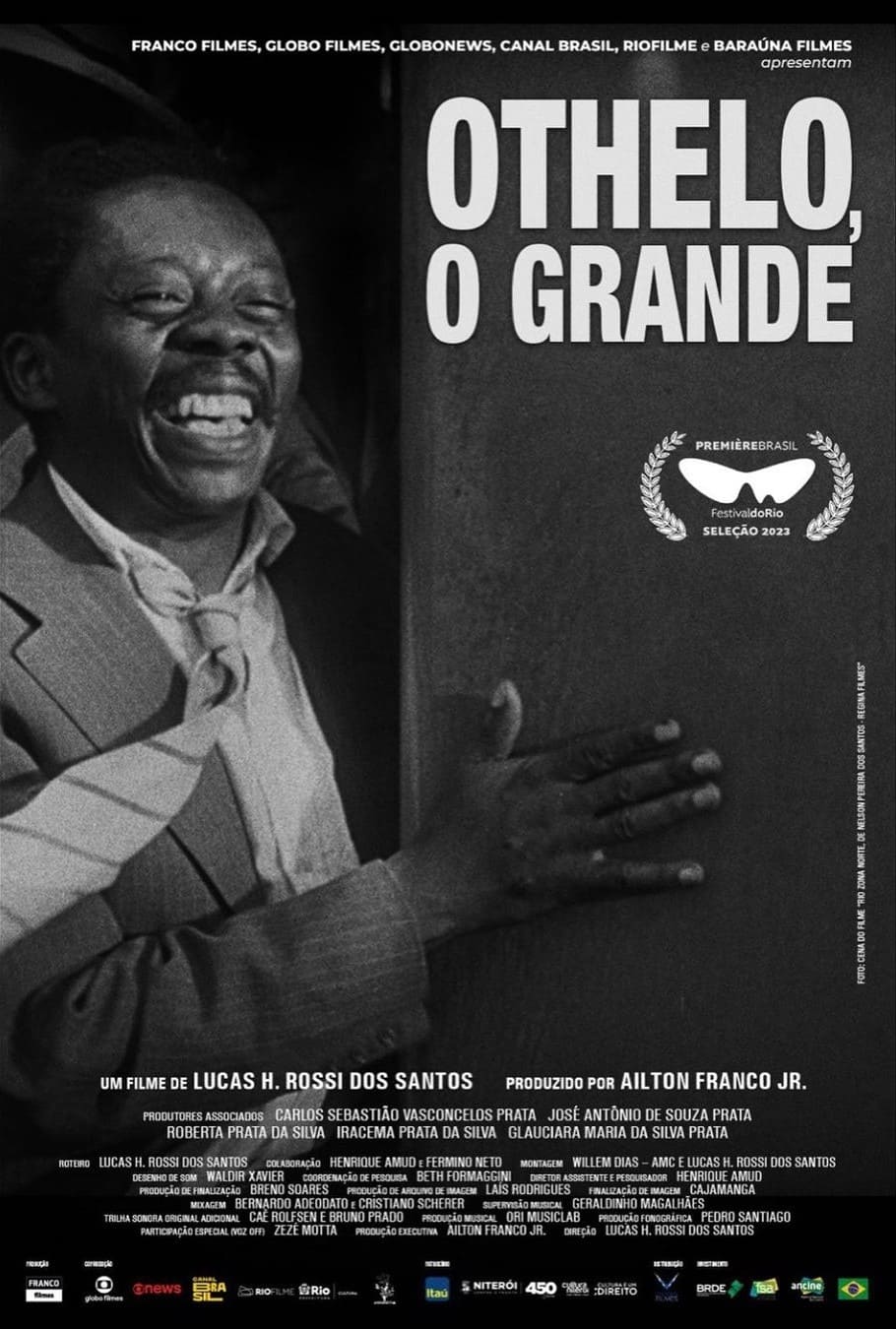
A beautifully told story using archival footage to explore the life of Grande Otelo, a groundbreaking Black Brazilian actor. Overcoming poverty and racism, he built a stellar career, facing controversy yet using it to challenge prejudice.
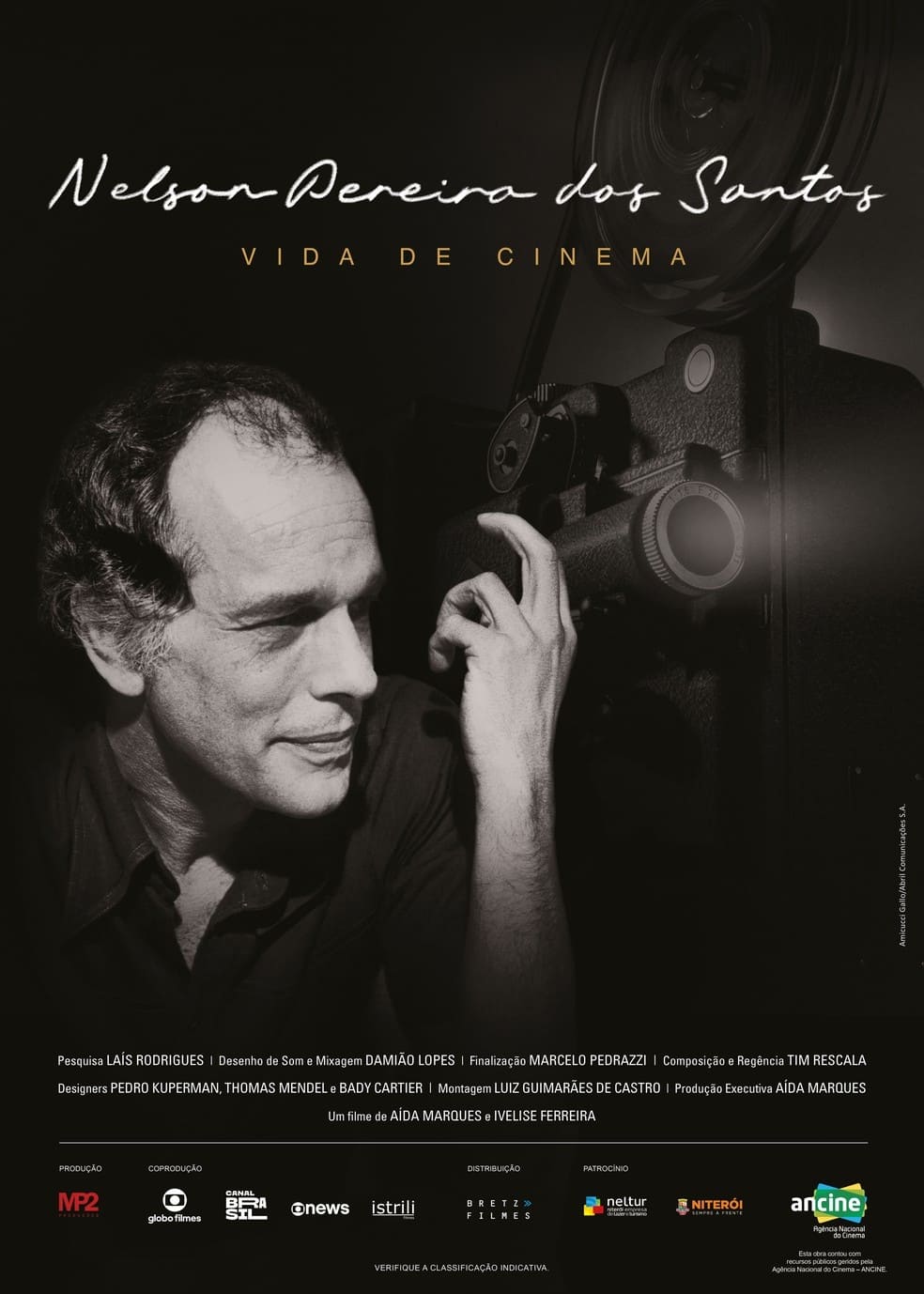
For six decades, the cinema of Nelson Pereira dos Santos has projected Brazil into the eyes of the world. Precursor of Cinema Novo, Nelson was, more than a director, he was an ideologue, a thinker of his country.

For this behemoth, Bressane took his opera omnia and edited it in an order that first adheres to historical chronology but soon starts to move backwards and forward. The various pasts – the 60s, the 80s, the 2000s – comment on each other in a way that sheds light on Bressane’s themes and obsessions, which become increasingly apparent and finally, a whole idea of cinema reveals itself to the curious and patient viewer. Will Bressane, from now on, rework The Long Voyage of the Yellow Bus when he makes another film? Is this his latest beginning? Why not, for the eternally young master maverick seems to embark on a maiden voyage with each and every new film!

The raft man Manuel Jacaré was swallowed by the sea when Orson Welles was filming It's All True in 1942. The fact evokes memories of the dictatorship of the Estado Novo, of World War II, of Ceará fishermen's struggle for labor rights and housing in their traditional space - target of real estate speculation.
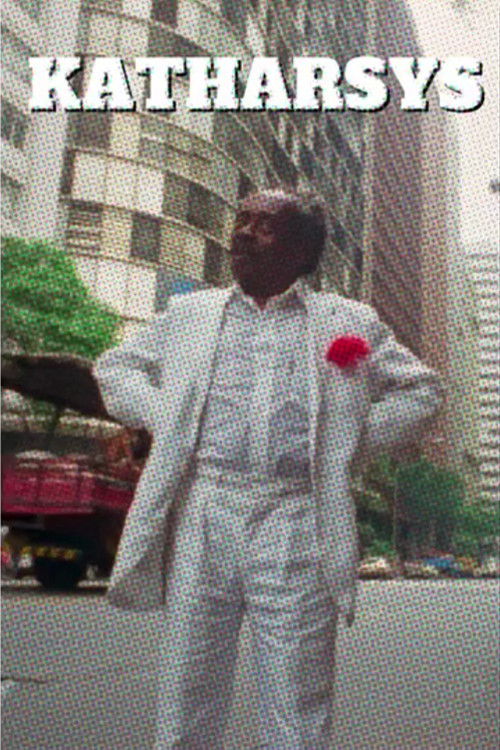
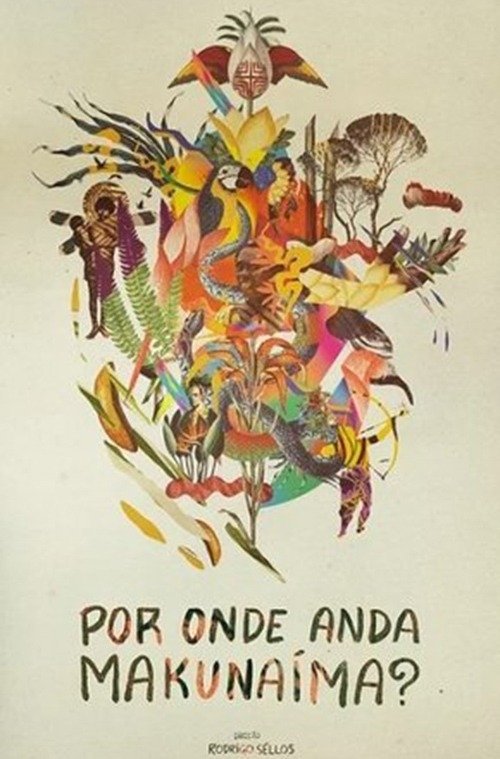
Searching for Makunaima is a cultural and historical account of the most Brazilian character there is in fiction. The film begins with Makunaima, one of the founding myths of the native people from the border between Brazil-Venezuela-Guiana, first captured in the writings of the German ethnographer Koch-Grünberg at the beginning of the 1910s. With interviews in Portuguese, German, Spanish, and in the indigenous languages Macuxi and Taurepang, Searching for Macunaima reclaims this amazing character who represents Brazil in many ways (from literature to cinema to theatre) and remains relevant to date.
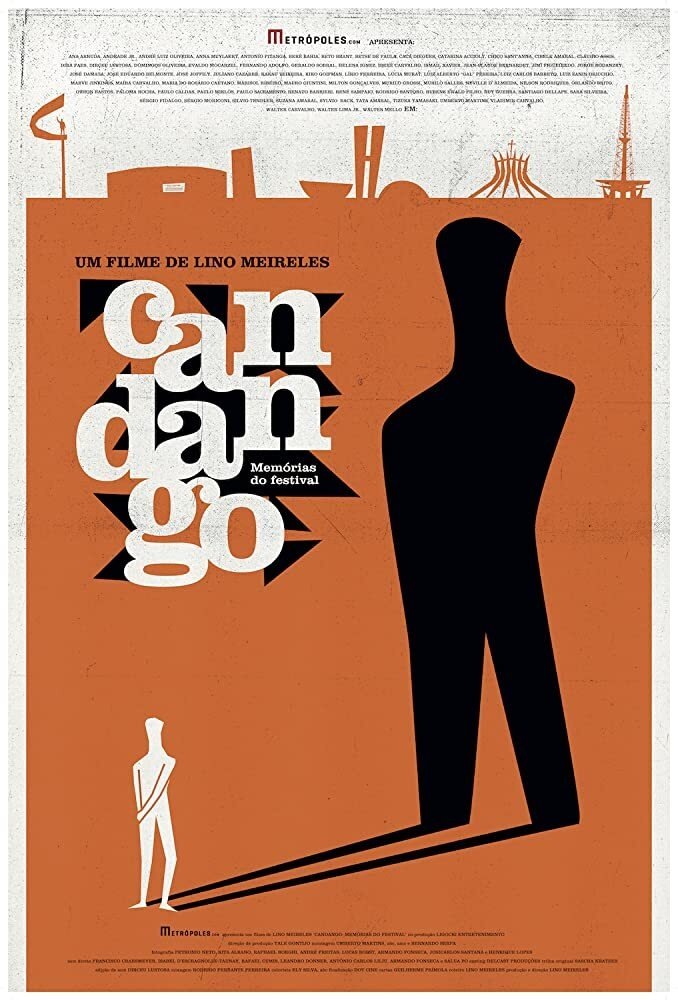
In 1965, a year after the military coup in Brazil, an oasis of freedom opened in the country's capital. The Brasília Film Festival: a landmark of cultural and political resistance. Its story is that of Brazilian cinema itself.

The documentary O Samba é Primo do Jazz will show the musical trajectory of Alcione Dias Nazareth, the great Brazilian interpreter, from her musical references, her insertion in the world of music and her relationship with family and friends. The biopic brings us closer to a relaxed, fun and matriarchal Alcione with her life and artistic work.
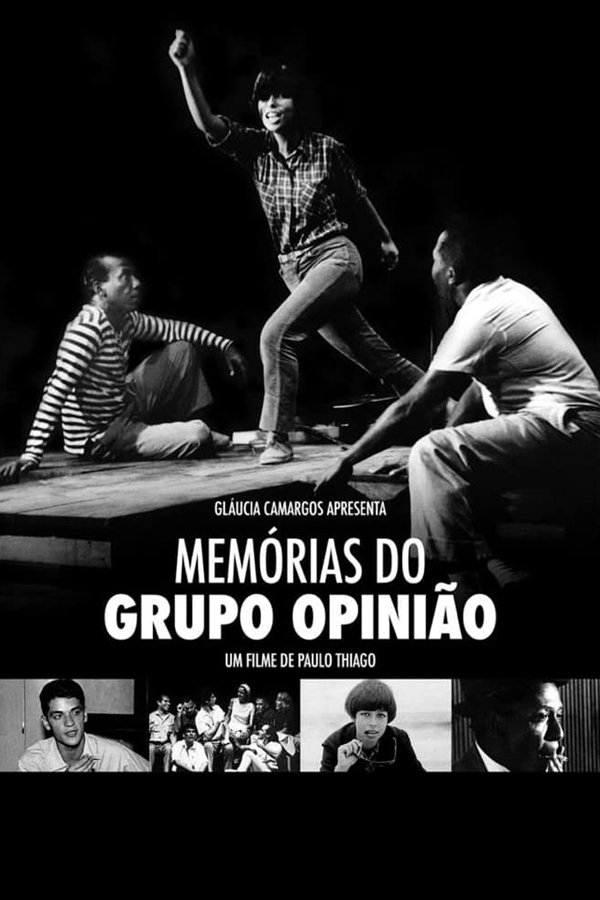
Follows the story of Opinião, a theatre group created in 1964 during the early Brazilian dictatorship period to oppose the government through artistic performances. Considered the first left-wing response to the dictatorship, the group gathered now famous Brazilian artists such as Nara Leão, Maria Bethânia, João do Vale and Millôr Fernandes.
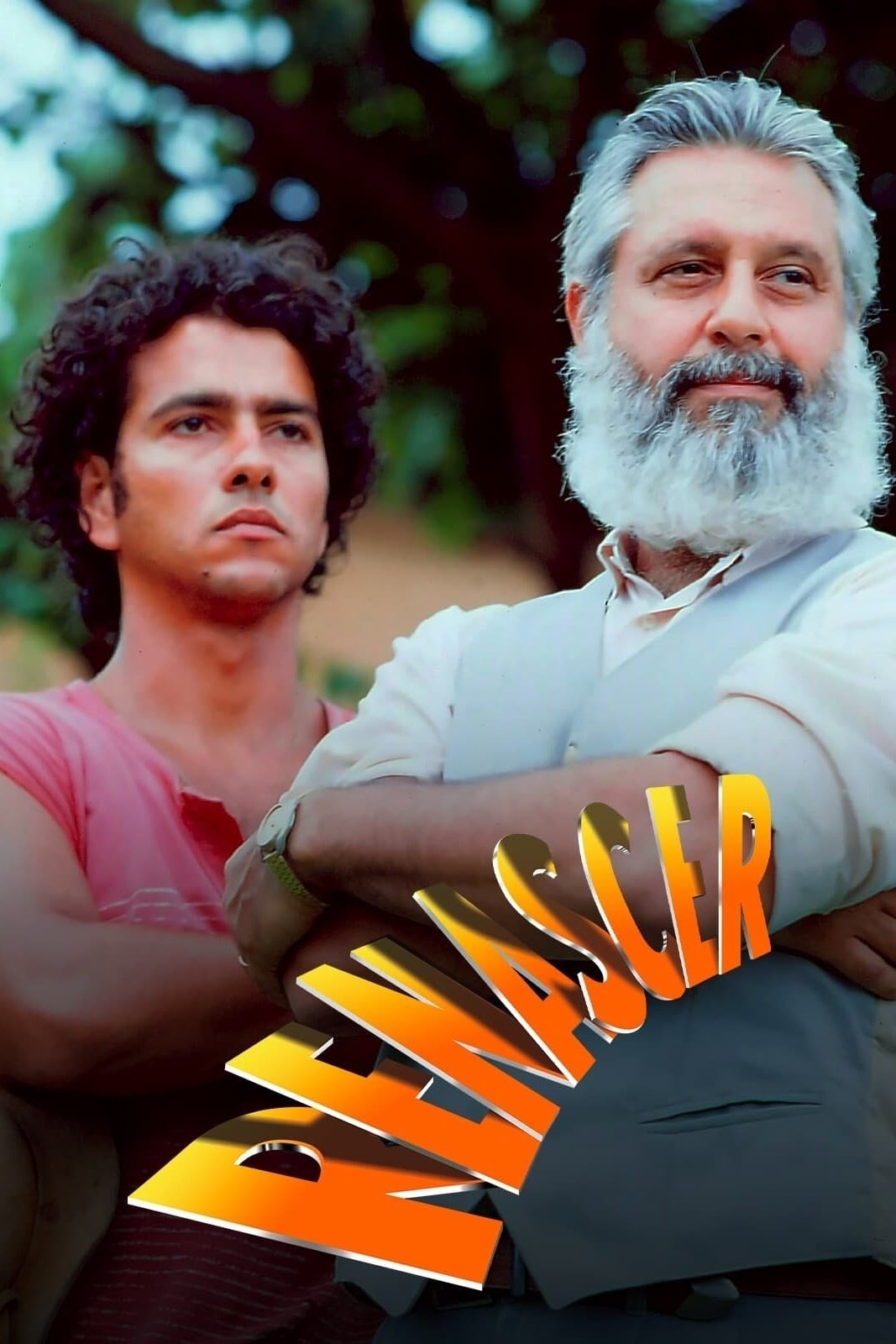
Jose Inocencio had innocence only as part of his name, but only those who new him well could notice this. But nobody knew him. He was a storyteller, and he was always the main character in the stories he told. He managed not only to create stories about himself, he managed to create a legend. The story of this powerful cacao farmer; Maria Santa, the beloved wife who died; and their four children is the main theme of 'Renascer'.
Grande Otelo, pseudonym of Sebastião Bernardes de Souza Prata OMC (Uberlândia, October 18, 1915 – Roissy-en-France, November 26, 1993), was a Brazilian actor, comedian, singer, producer and composer. He was an artist in Rio's casinos and in the so-called revue theater, he participated in several successful Brazilian films, including the famous chanchadas in the 1940s and 1950s, which he starred in in partnership with the comic Oscarito, and the film version of Macunaíma, made in 1969. He is often cited as one of the most important actors in Brazilian history.
By browsing this website, you accept our cookies policy.